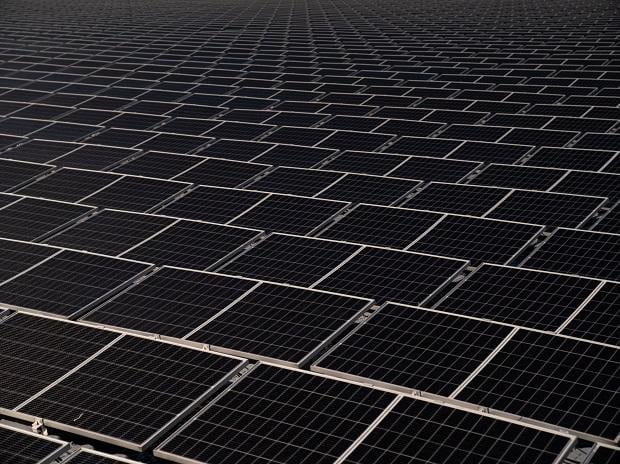Global solar projects set to win more than $380 bn investment this year
Investment is increasing in the global solar energy projects, and is expected to be more than USD 380 billion this year, the International Solar Alliance (ISA) Director General Dr Ajay Mathur has said.
Mathur made these remarks on Monday on the sidelines of the Singapore International Energy Week.
The good thing is that investment flow is increasing. It was about USD 310 billion for the whole of last year, and USD 235 billion investment has come in during the first half of this year, Dr Mathur told PTI.
We expect it to be more than $380 billion this year.
Elaborating on ISA work, he said, Our goal is that in every member country, we make solar the energy of choice. ISA will have 120 member countries by the end of this year, up from 116 currently.
The challenge is to get investments for small solar plants to reach out to the remote regions as approximately 74 per cent of the investment so far has gone to large-scale projects in the OECD and China, Dr Mathur informed.
All of Africa has received just 2-3% from these funds.
Two-thirds of the investments have gone into large solar plants and not into smaller projects. We need to have a lot of investments in energy storage facilities as well as solar, hydro, and battery among others.
Dr Mathur said ISA is also focused on capacity building, such as training and certifying people to implement and design solar projects and plants in the future.
He underlined the need to train bankers on how to assess loan applications for solar development.
The ISA works with member countries and hand-hold them through the project management process as well as helps in creating policy and regulatory frameworks that are needed for the ecosystem to happen.
Dr Mathur also sees the Middle Eastern countries playing a bigger role in the development of energy and cited the example of Abu Dhabi Future Energy Company, MASDAR, which has invested in renewable energy projects in 40 countries since it was established in 2006.
We have seen new investment in solar in Oman and Saudi Arabia, he said, adding, All these people will be the new solar producers of tomorrow.
He has pointed out that the private sector investors should not be concerned about the risk related to return on investments, especially noting these investors’ reluctance to participate in project developments in Africa.
The default rate in all of Africa has been less than 2%, he observed, sharing that such a risk was for late payments and not non-payments.
A guarantee payment system has been created, assuring that investments would be paid back, he said.
Dr Mathur emphasised the need for pulling in and pooling of funds for small projects and creating an ecosystem across the developing world.
He highlighted the World Bank special line of credit, adding People across the world have realised that if the energy transition is to be successful, you will have to carry everyone in this long-term development including Africa.
(Only the headline and picture of this report may have been reworked by the Business Standard staff; the rest of the content is auto-generated from a syndicated feed.)
